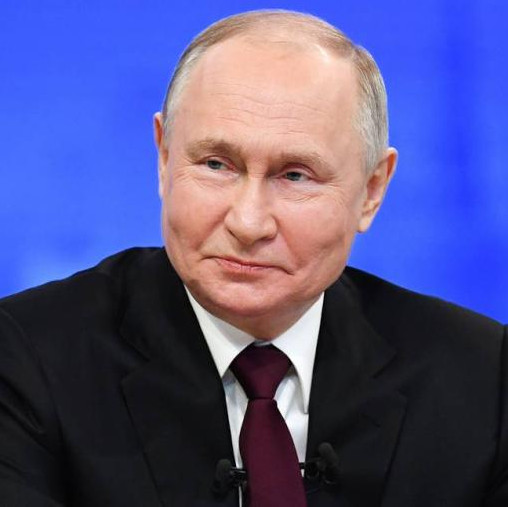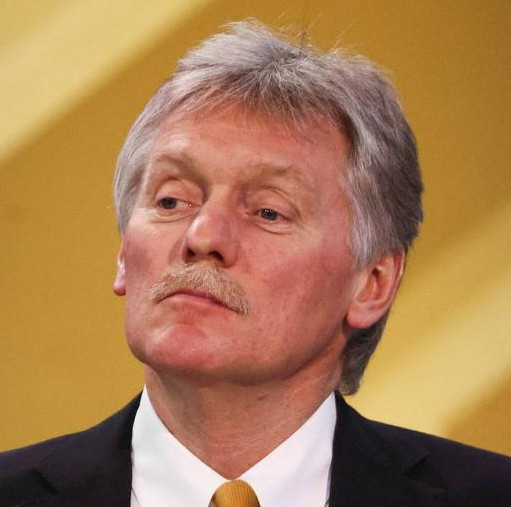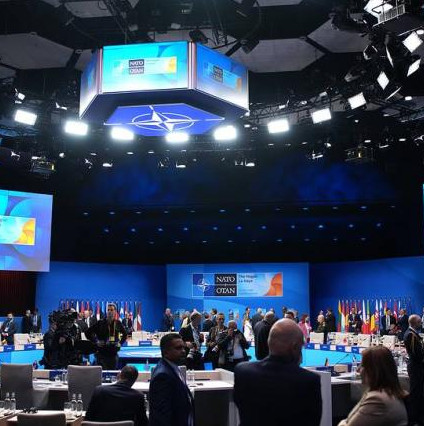
The Turkish-Azerbaijani alliance has become the centerpiece of the Caucasus-Caspian region's new geopolitical architecture. The latter started evolving ahead of the Second Karabakh War and assumed the ultimate shape following its results. Its participants, Ankara and Baku, apart from their bombastic rhetoric about the Turkic-Muslim brotherhood, have pursued and keep pursuing rather pragmatic goals: Baku seeks revenge for the defeat in the first Karabakh campaign and a subsequent prevention of Armenia's retaliation, while Ankara goes for regional hegemony, consolidation and territorial expansion.
Cooperation between the two countries keeps developing across the board, from symbolic and diplomatic to quite material military and economic levels. A day seldom goes by that they don't reassure each other of the indissoluble fraternal bonds. For instance, the video summit of the Turkic Council held in late March saw Recep Erdogan once again congratulate Azerbaijan on the "liberation of Karabakh lands" and promised to visit the city of Shusha recaptured from Armenia, after Ramadan. Ilham Aliyev said in response that he would be happy to hand over Council chairmanship, which now belongs to the Azerbaijanis, to "fraternal Turkey" at the turn of the year.
Right around the time, a more practical act of mutual rapprochement was committed. Starting April 1, citizens of Azerbaijan and Turkey will be able to cross the border between their countries with an internal identity card and stay on a visa-free basis for three months. "All the obstacles have been removed, and our brotherhood is growing stronger. Good luck to both our citizens and Azerbaijani brothers," Turkish Foreign Minister Mevlüt Çavuşoğlu tweeted on this occasion, and there isn't even the smell of an April Fool's joke.
At the same time, cooperation in the military field does not stop for a day. On March 6, a long-term, six-and-a-half-week joint exercise began in the Turkish province of Isparta. The local training facility is a designated point for the Turkish army task forces' training, and the current epic is also intended for the two countries' special forces to work out missions in mountainous and remote districts. In the message dedicated to the beginning of drills, the Turkish Defense Ministry stressed that cooperation with Azerbaijan is based on the "one-nation-with-two-states" principle.
And the last day of March witnessed Selçuk Bayraktar, the technical director of the Baykar Makine family company producing the famous Bayraktar drones, pay a visit to Azerbaijan. The Turkish guest, along with Director General of the ASELSAN military-industrial corporation Haluk Görgün, was received personally by Ilham Aliyev and rewarded a Karabakh order. Bayraktar, ASELSAN representative and Deputy Chairman of the Turkish Defense Industry Committee Mustafa Murat Sheker also met with Azerbaijani Defense Minister Zakir Hasanov. They discussed prospects for further military-technical cooperation.
The intrigue about the deployment of full-fledged Turkish military bases in the territory of Azerbaijan continues to persist. Officially, a possibility of this kind is denied by Baku and Ankara outside the territorial and legal boundaries of the Karabakh monitoring center, though typically with a meaningful "so far" stipulation. But the "fraternal states" themselves occasionally provoke discussions of the issue to put the screws on their geopolitical rivals. The latest "hoax" took place before the January talks between Aliyev and Pashinyan in Moscow so as to drive the Armenian prime minister into the highest possible compliance. The maneuver worked out, mind you.
At that, the way is gradually being paved in the information space for the eventual appearance of the mentioned bases. As is the case not in Turkey alone, competent experts from among the retired high-ranking military leaders are engaged in the process in order to get the public opinion ready. In late March, Rear Admiral Jihat Yayji, who was Chief of Staff of the Turkish Naval Forces as early as a year ago and is known for his extremely "hawkish" views, shared his opinion on this issue. Touching upon the possible military presence in the Caspian Sea, Yayji said: "In Turkey's ideology, protection of regional interests is paramount. This means that each country must bear responsibility for its own territories, without any interference with foreign forces. Involvement of external players yields balance disruption. Turkey does not need any foreign forces in the Caspian Sea. But the people of Azerbaijan are our brothers. If exercises or assistance are needed, Turkey won't refuse."
Apparently, the situation with regular news about the appearance of bases, their "not yet relevant" denials and meaningful assumptions by military experts will continue for months amid deepening military cooperation. At the end of the day, when the need becomes acute, the opening of bases with manpower and equipment will be mere formality, pardon the pun.


